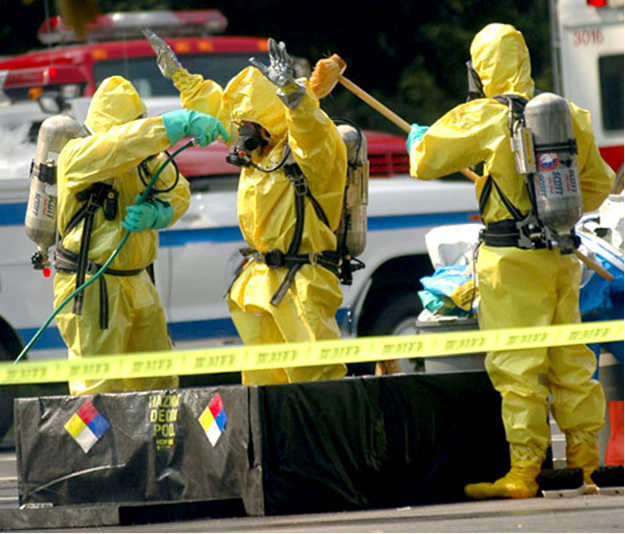Fellow: Lauren Esposito
Course Purpose
Backyard Toxicology is designed to make scientific research and writing accessible to students, allowing them to think critically about scientific research. By reading and dissecting scientific articles, students will learn core concepts in Toxicology and make connections to other disciplines of science, they will then learn to design and conduct their own authentic Toxicology research.
Course Description
The only thing more valuable than teaching science is teaching how to think scientifically. Science is often taught sequentially, beginning with students memorizing terms for a particular topic and culminating in an experiment. However, the skills needed to ‘think like a scientist’ don’t fit well into this sequence my response. Backyard Toxicology uses an interdisciplinary subject as a way of exposing students to the scientific thought process. It synthesizes students’ existing knowledge of biology and chemistry concepts and then integrates critical reading of research articles and authentic toxicology research. Toxicology is all around us, it’s constantly in the news and toxins affect us on a daily basis. In some areas of the Bronx, NY - where this course was developed, twenty-five percent of children suffer from asthma as a result of air toxins. And, one in four New York City residents lives within a mile of a state Superfund site. These issues are on the minds of high school students, and make toxicology an appealing subject.
There are no pre-requisites for the course, but students should have a basic understanding of biology and chemistry.


Course Outline:
Unit 1 CREATE Toxicology
Activity 1 Introduction to Toxicology and Ethanol Blackworm Lab
Activity 2 Newspaper Article Concept Mapping; Read
Activity 3 Elucidate the Hypothesis; Analyze and Interpret the Data
Activity 4 Think of the Next Experiment
Activity 5 Nicotine Blackworm Lab
Activity 6 Journal Article Concept Mapping
Activity 7 Read
Activity 8 Elucidate the Hypothesis
Activity 9 Analyze and Interpret the Data
Unit 2 Toxicology Research
Activity 10 Experiment Proposals
Activity 11 Research Projects
Activity 12 Reporting Results

